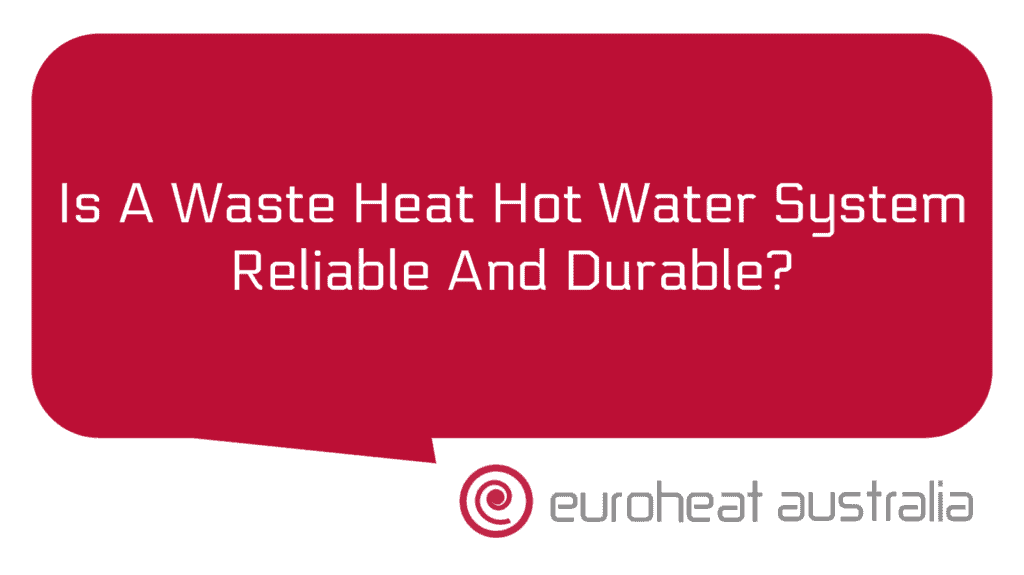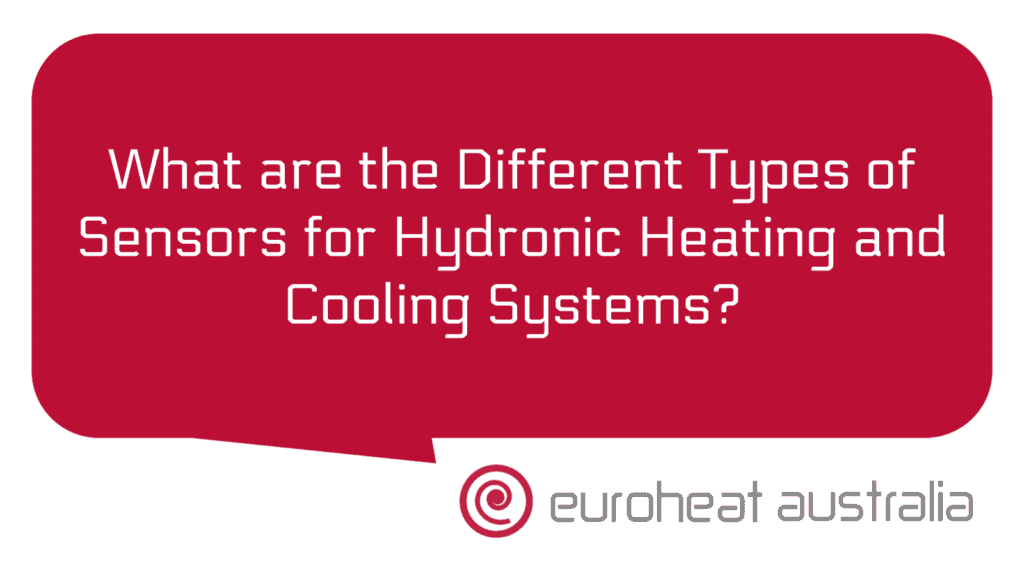If you’re looking for ways to save energy and money on your hot water system, you’ve probably heard of both waste heat hot water systems and heat recovery hot water systems. But it’s important to understand the differences between the two and how they compare before making your decision.
In short, a waste heat hot water system relies on residual heat from an existing process such as an industrial process or a boiler, while a heat recovery hot water system captures energy from outgoing air streams such as those from an air conditioning unit or a refrigerator.
Waste heat hot water systems are typically used in industrial processes because they’re able to capture the wasted heat that is lost during the process. This type of system is also more efficient than traditional hot water systems because it uses less energy to produce the same amount of hot water. For example, if you were to install a waste heat hot water system in an industrial plant that is producing 1000 gallons of hot water per hour, you could expect to save up to 30% in energy costs compared to using a traditional system.
Heat recovery systems are often used in residential homes because they are able to capture energy from outgoing air streams such as those from air conditioners and refrigerators. This type of system captures the heat that would otherwise be lost through these appliances and uses it to generate hot water instead. Depending on your household size and usage, this type of system can save up to 60% in energy costs when compared with traditional systems.
When deciding which type of system is right for you, it’s important to consider how much money you want to save and how much space is available for installation. Waste heat hot water systems are often larger and require more space than their counterparts due to their design, making them best suited for industrial applications with plenty of space available for installation and operation. Heat recovery systems on the other hand are smaller and can be installed in residential homes with limited space available due to their compact design.
The other factor that should be taken into consideration when comparing waste heat vs. heat recovery hot water systems is cost savings potential over time. Depending on your usage patterns, both types can offer significant savings over time due to their efficient designs however waste heat systems tend to offer higher savings potential due their ability to capture residual energy that would otherwise be lost during an industrial process or manufacturing process. In addition, installing a professional engineered solution may help reduce costs further by offering optimal efficiency as well as increased safety measures during installation and operation phases of the project. Euroheat Australia provides professional engineering services with 30 years experience designing & constructing hydronic heating & cooling solutions – offering homeowners reliable advice & services throughout Perth & Australia wide – giving customers peace-of-mind when investing into high quality heating & cooling solutions for their home or business premises..
In conclusion, there are numerous considerations when comparing waste vs recovery hot water systems including cost savings potential over time, efficiency ratings, size requirements for installation & safety features throughout installation & operation stages – so it’s important that all these factors are taken into account before making any decisions about which type of system is best suited for your needs.





